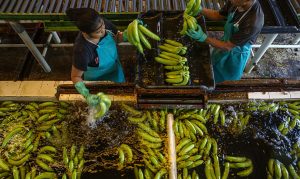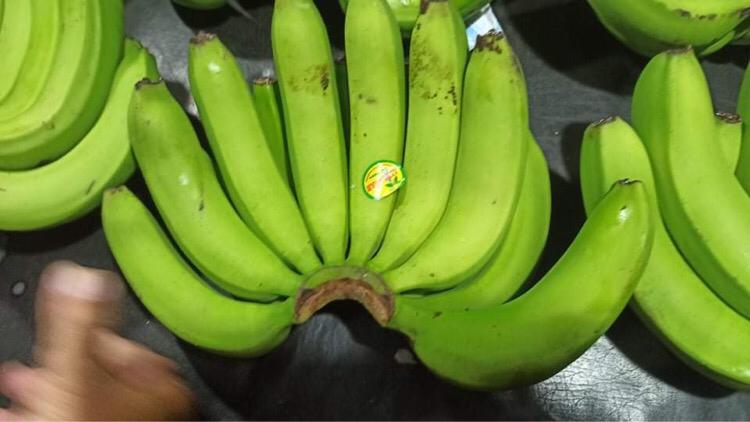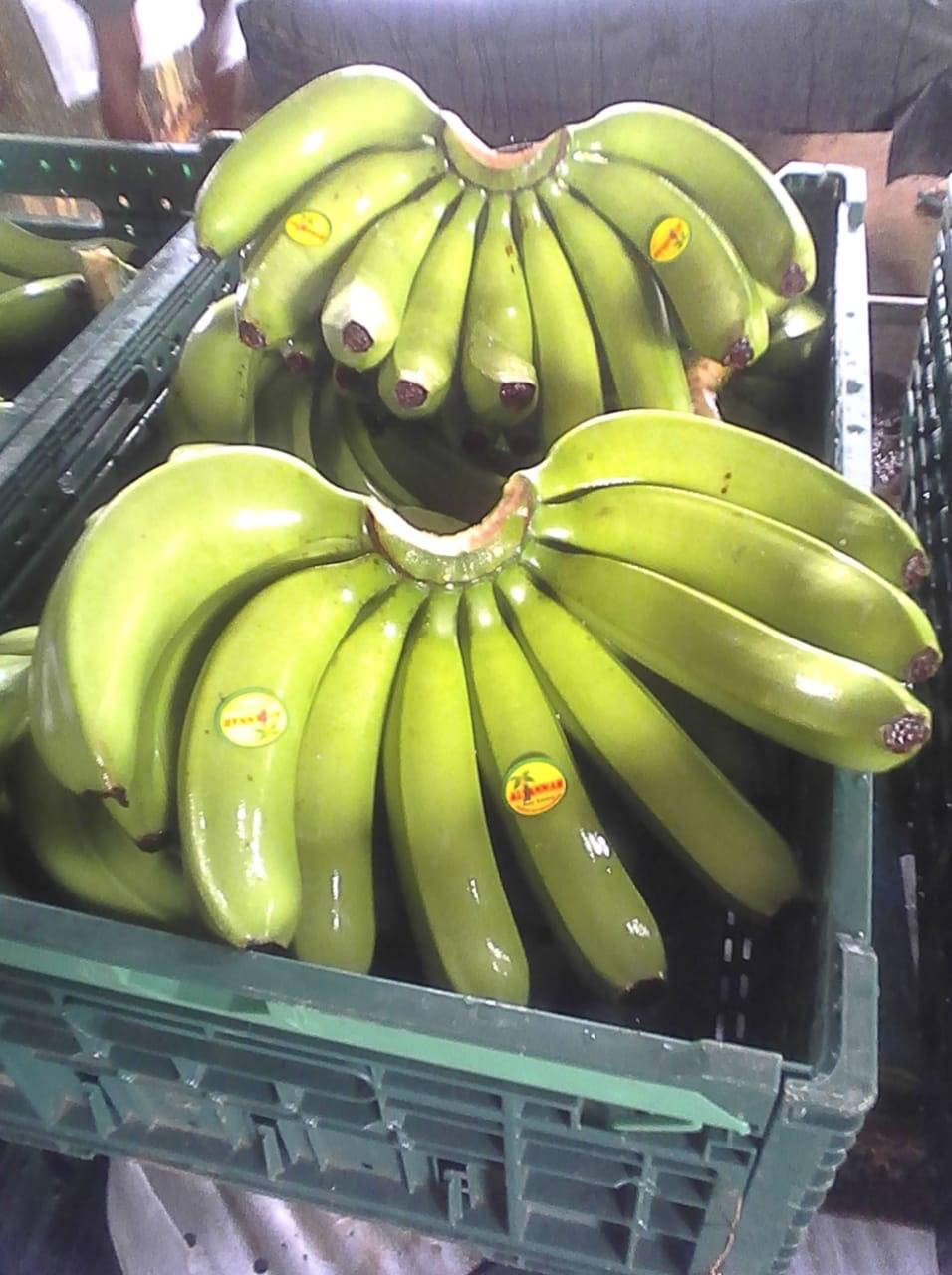Description
Bananas are grown on both small-scale farms as well as large plantations. But a highly competitive market creates price pressure on bananas, ultimately putting the squeeze on banana growers.

- Fairtrade banana producers are paid a Fairtrade Minimum Price that acts as a safety net against falling prices. This price varies by region, factoring in local conditions and aiming to cover the average costs of sustainable production.
- Plantation workers and small-scale banana farmers also receive a Fairtrade Premium – an extra sum of money that farmers and workers invest in business or community projects of their choice. Banana workers have often used the Premium to improve their housing, build schools and clinics, or offer other benefits they see a need for.
- The Fairtrade Standards are designed to improve employment conditions and protect the rights of workers in the large plantations where the majority of export bananas are grown. In recent years Fairtrade has undertaken pioneering work to define and progress toward living wages for banana workers.
- For smallholder farms, Fairtrade supports these banana growers to improve their income and their bargaining position in banana supply chains that are often dominated by larger entities.









